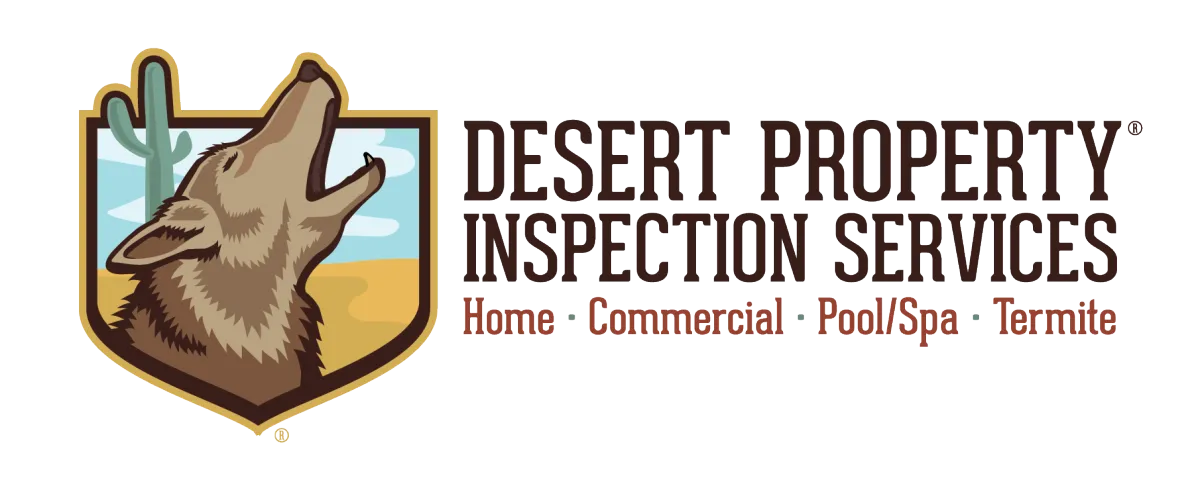

SERVICES
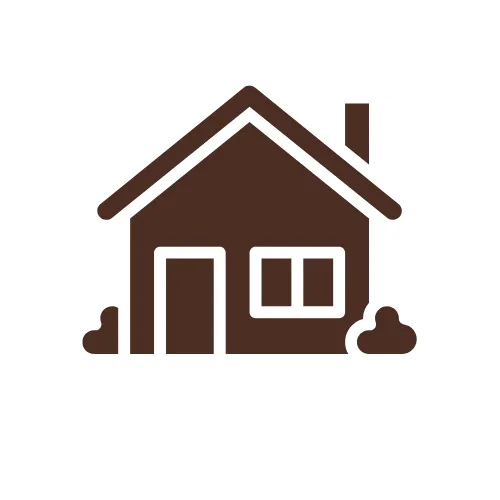
Residential
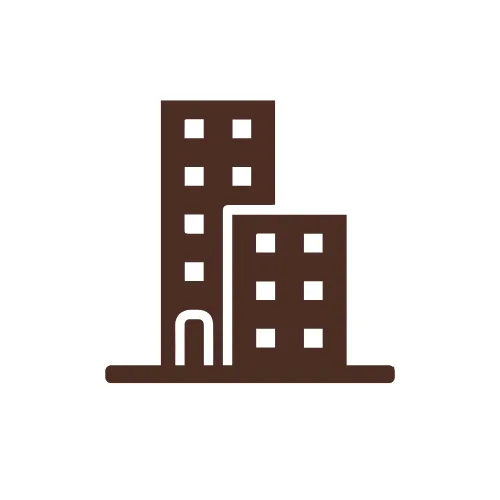
Commercial
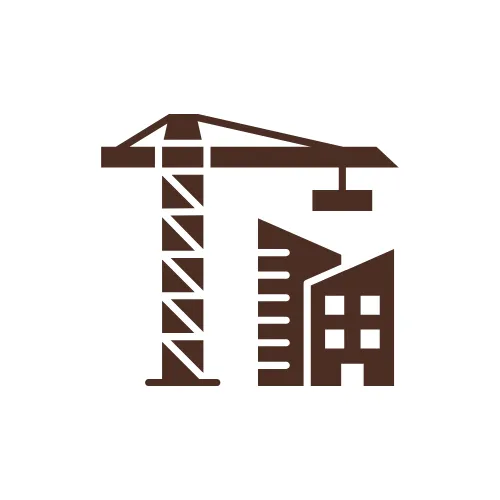
New Construction
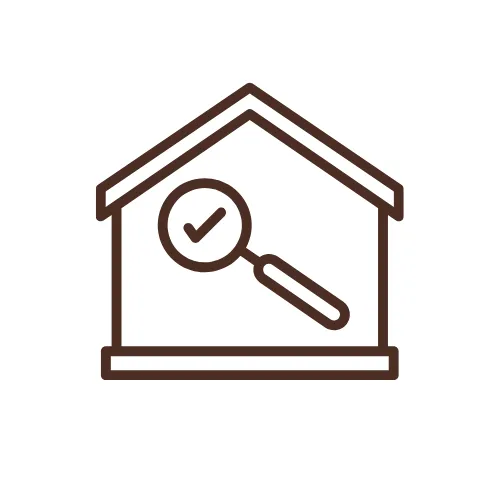
Draw Inspections

11 Month Builder Warranty

Termite
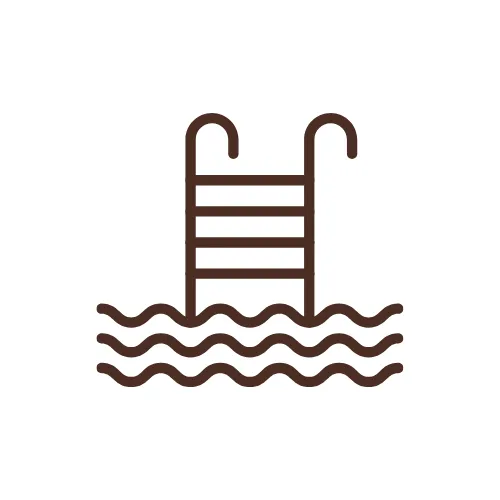
Pool / Spa

HUD Engineering Certifications
WHY HOMEOWNERS TRUST US
Dedicated to Providing Thorough, Honest, and Reliable Home Inspections
Choosing the right home inspection company can be challenging. Unlike most professionals you hire, you may not meet your inspector until inspection day — after you’ve already made your choice. That’s why our team prioritizes integrity, expertise, and transparency in every inspection.
With varying qualifications, equipment, and reporting methods across companies, what truly makes a difference is the inspector’s effort. At Desert Property Inspection Services, we promise to give your home our full attention and best effort, ensuring a detailed, accurate, and professional inspection every time.
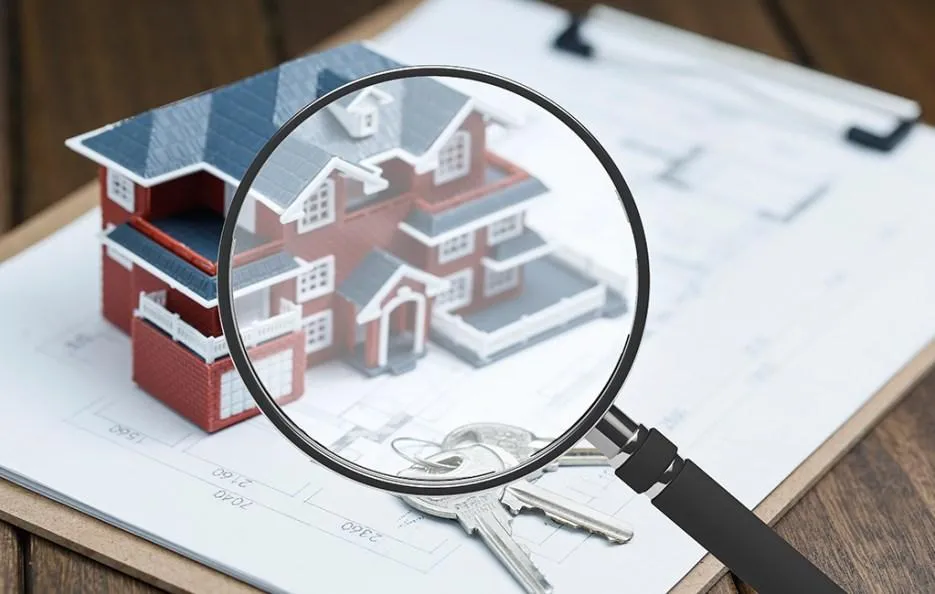
WHY HOMEOWNERS TRUST US
Dedicated to Providing Thorough, Honest, and Reliable Home Inspections
Choosing the right home inspection company can be challenging. Unlike most professionals you hire, you may not meet your inspector until inspection day — after you’ve already made your choice. That’s why our team prioritizes integrity, expertise, and transparency in every inspection.
With varying qualifications, equipment, and reporting methods across companies, what truly makes a difference is the inspector’s effort. At Desert Property Inspection Services, we promise to give your home our full attention and best effort, ensuring a detailed, accurate, and professional inspection every time.

Our Inspection Services
Comprehensive Inspection Services for Buyers, Sellers, and Builders Across Mohave County
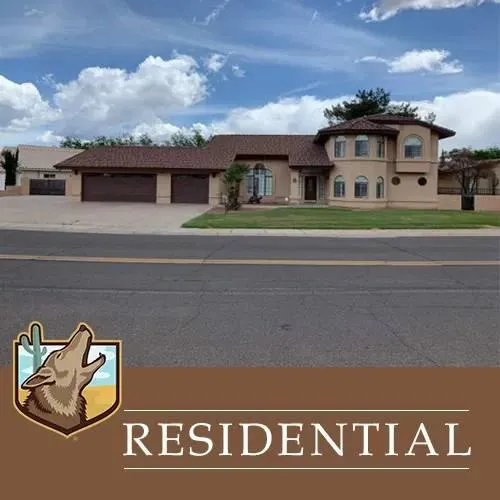

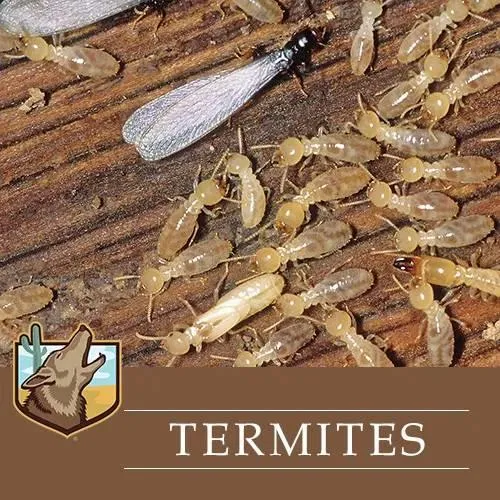

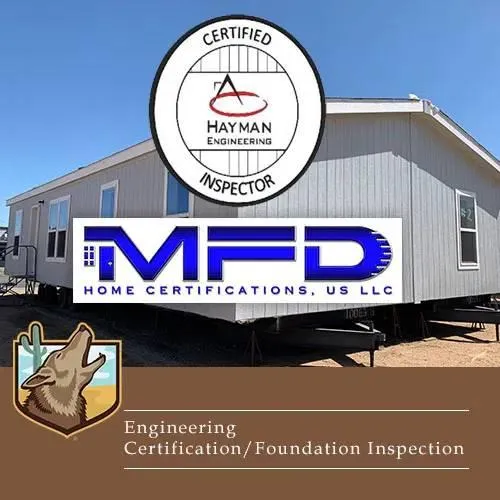

For Buyers
The only way to know for sure if you're buying a dream home or money pit is to hire an experienced and certified home inspector. Newcomers, part-time inspection firms, and family members simply don't have the ability to provide the comprehensive inspection and report that you will need and trust to take to the seller. Let the Desert Property Inspection Services help you.
Most average inspection companies only cover 400 items; at Desert Property Inspection Services, we cover 1600 items in and around the home. Our premier home inspections exceed industry standards and are among the most thorough in the industry, exposing unknown defects and advising you about future maintenance, or we can recommend improvements.
At Desert Property Inspection Services, we perform a 100% inspection. If it's accessible, we inspect it & report on it. We even GUARANTEE our inspections!
We cover the following areas:
Inspection of the Site and Grounds
Will include items such as grading for drainage, patios, porches, decks, trees, and bushes, which may have an effect on the home and all other items as they relate to the grading and landscaping.
Roof & Attic Structure
The roof and attic structure provide the primary protection for all the components of the building. There are numerous roof styles and finish materials. Each style and material is inspected carefully for wear, leaks, defects, and other deficiencies. Roofing problems that go undetected can cause serious harm to other components of the building. The attic of the home is the uppermost portion of the dwelling, which still remains on the interior. The attic is inspected for quality construction, insulation type and thickness, water penetration, venting, and exposed electrical hazards.
Garages
The garage inspection will include attached and detached structures. A few items to be inspected are the proper installation of electrical service, including ground fault circuit interruption or (also known as GFCI), test and operate garage door and related components, inspect overall construction, and we also inspect for proper firewalls and auto-close mechanisms at the access doors.
Heating and Air Conditioning
A comfortable living environment is provided by the mechanical systems of the house. Each system has many components, and there are also many different system types. Your inspector will evaluate the proper operation of each system and component and report on any defects. The mechanical system includes all interior and exterior components.
Plumbing System
The plumbing system includes all piping, fixtures, appliances, and accessories. Your inspector will inspect and operate all fixtures, run several gallons of water through the plumbing waste pipes to thoroughly exercise the system. Your inspector will leak check the pipes, look for signs of a dripping valve or valves, corrosion, reversed hot and cold water supply, limited hot water, or inadequate water pressure.
Bathrooms
Besides the kitchen, the bathroom is normally one of the most expensive areas to replace or refurbish. The inspector will carefully check all areas, including the sink, vanity, tub, shower, around the toilet, and all supply valves. These areas are more prone to hidden damage water damage. The inspector will advise you of any visible defects and alert you to any potential hidden defects, such as a leaking shower pan or a hole in the bathtub.
The Exterior of the Home Protects the Interior of the Home.
These exterior components of the property include the foundation, retaining walls, siding, trim, windows, chimneys, and other related items. Each of these items is inspected for their overall condition and how it relates to the dwelling.
All Living Areas
Interior components of the home include various rooms and related items. Your inspector will go through each room, including all visible and accessible areas of the home. This is a very important part of the inspection because symptoms of larger problems are often visible in these areas. Settling can be noticed in the floors and walls. Leaks may be noticed on the ceilings. Your inspector will go through each and every room, making notes of relevant defects.
Electrical Systems
The type, condition, and complexity of the electrical system will have a lot to do with the age of the home. The older the home, the more complex and time-consuming the electrical inspection tends to be. The electrical inspection will involve inspecting electrical outlets, switches, lighting, and any visible electrical wiring in the attic and basement. We will also remove the dead front cover from the main electrical panel. Items to be inspected at the panel include breakers and or fuses, wiring, grounding, double taps, etc.
Kitchens
The kitchen is the heart and soul of the home. This is where most Americans spend their time when home and not sleeping. Kitchens, which were often installed using sub-standard materials and products, will be a source of expensive future upgrades. Your inspector will inspect the condition of the cabinets, countertops, run appliances, inspect for safety hazards, inspect for water damage around the sink, dishwasher, and base cabinets.
Health, Fire, and Safety
Under health, fire and safety are items such as emergency egress windows, handrails, smoke detectors, carbon monoxide detectors, termites*, ventilation, and combustion air in rooms with gas or oil-fired appliances. These areas are all inspected, operated, and tested by your inspector. And since they are very important for your family's safety, rest assured that they will be taken very seriously by your inspector.* These tests must be ordered separately, and additional charges will apply.

For Buyers
The only way to know for sure if you're buying a dream home or money pit is to hire an experienced and certified home inspector. Newcomers, part-time inspection firms, and family members simply don't have the ability to provide the comprehensive inspection and report that you will need and trust to take to the seller. Let the Desert Property Inspection Services help you.
Most average inspection companies only cover 400 items; at Desert Property Inspection Services, we cover 1600 items in and around the home. Our premier home inspections exceed industry standards and are among the most thorough in the industry, exposing unknown defects and advising you about future maintenance, or we can recommend improvements.
At Desert Property Inspection Services, we perform a 100% inspection. If it's accessible, we inspect it & report on it. We even GUARANTEE our inspections!
We cover the following areas:
Inspection of the Site and Grounds
Will include items such as grading for drainage, patios, porches, decks, trees, and bushes, which may have an effect on the home and all other items as they relate to the grading and landscaping.
Roof & Attic Structure
The roof and attic structure provide the primary protection for all the components of the building. There are numerous roof styles and finish materials. Each style and material is inspected carefully for wear, leaks, defects, and other deficiencies. Roofing problems that go undetected can cause serious harm to other components of the building. The attic of the home is the uppermost portion of the dwelling, which still remains on the interior. The attic is inspected for quality construction, insulation type and thickness, water penetration, venting, and exposed electrical hazards.
Garages
The garage inspection will include attached and detached structures. A few items to be inspected are the proper installation of electrical service, including ground fault circuit interruption or (also known as GFCI), test and operate garage door and related components, inspect overall construction, and we also inspect for proper firewalls and auto-close mechanisms at the access doors.
Heating and Air Conditioning
A comfortable living environment is provided by the mechanical systems of the house. Each system has many components, and there are also many different system types. Your inspector will evaluate the proper operation of each system and component and report on any defects. The mechanical system includes all interior and exterior components.
Plumbing System
The plumbing system includes all piping, fixtures, appliances, and accessories. Your inspector will inspect and operate all fixtures, run several gallons of water through the plumbing waste pipes to thoroughly exercise the system. Your inspector will leak check the pipes, look for signs of a dripping valve or valves, corrosion, reversed hot and cold water supply, limited hot water, or inadequate water pressure.
Bathrooms
Besides the kitchen, the bathroom is normally one of the most expensive areas to replace or refurbish. The inspector will carefully check all areas, including the sink, vanity, tub, shower, around the toilet, and all supply valves. These areas are more prone to hidden damage water damage. The inspector will advise you of any visible defects and alert you to any potential hidden defects, such as a leaking shower pan or a hole in the bathtub.
The Exterior of the Home Protects the Interior of the Home.
These exterior components of the property include the foundation, retaining walls, siding, trim, windows, chimneys, and other related items. Each of these items is inspected for their overall condition and how it relates to the dwelling.
All Living Areas
Interior components of the home include various rooms and related items. Your inspector will go through each room, including all visible and accessible areas of the home. This is a very important part of the inspection because symptoms of larger problems are often visible in these areas. Settling can be noticed in the floors and walls. Leaks may be noticed on the ceilings. Your inspector will go through each and every room, making notes of relevant defects.
Electrical Systems
The type, condition, and complexity of the electrical system will have a lot to do with the age of the home. The older the home, the more complex and time-consuming the electrical inspection tends to be. The electrical inspection will involve inspecting electrical outlets, switches, lighting, and any visible electrical wiring in the attic and basement. We will also remove the dead front cover from the main electrical panel. Items to be inspected at the panel include breakers and or fuses, wiring, grounding, double taps, etc.
Kitchens
The kitchen is the heart and soul of the home. This is where most Americans spend their time when home and not sleeping. Kitchens, which were often installed using sub-standard materials and products, will be a source of expensive future upgrades. Your inspector will inspect the condition of the cabinets, countertops, run appliances, inspect for safety hazards, inspect for water damage around the sink, dishwasher, and base cabinets.
Health, Fire, and Safety
Under health, fire and safety are items such as emergency egress windows, handrails, smoke detectors, carbon monoxide detectors, termites*, ventilation, and combustion air in rooms with gas or oil-fired appliances. These areas are all inspected, operated, and tested by your inspector. And since they are very important for your family's safety, rest assured that they will be taken very seriously by your inspector.* These tests must be ordered separately, and additional charges will apply.
For Sellers
Making the decision to sell your home is a huge step for most homeowners. Once the decision is made to sell, making your home marketable should be your number one goal! Don't worry, as the Desert Property Inspection Services will certainly help you!
We understand the emotional attachment you have to your home, but you must be realistic about the home as well. No home is perfect, and as soon as you realize that you are on your way to making your home more marketable. And remember, making your home the most marketable should be your number one goal!
Potential home buyers want to purchase a home that is in tip-top shape, no matter the age of the home. That's why having a Pre-Listing Inspection makes complete sense. Also:

Having a home inspection before you put your house on the market will allow you to understand any current or potential problem areas with the home that can be resolved before the buyers arrive. Therefore, your home will be in better condition for viewing, making it more marketable, and this will help you attain the maximum selling price for the home.

Resolving problems prior to the buyer's inspection will save you money in two other ways as well. First, when you know what needs to be repaired in advance of the sale, you can obtain multiple bids for the work that needs to be done and select the best contractor at the best price. Secondly, the work can be done by the contractor in a time frame that fits his schedule as well, thereby avoiding the "Rush Charges" to get the work completed.

There is one secret all sellers need to know: Buyers make their decision to purchase a home based on emotion and justify that decision with logic. And another thing is equally true: Buyers can fall out of love with a home just as quickly as they fell in love with it. So why let the Buyer's Inspector develop a long list of items needing repair, thereby jeopardizing your sale? Making the repairs in advance of the sale will save you tons of frustration and disappointment!
Let's review the facts: Having your home inspected before the first buyer shows up will allow you to sell the home for more money, reduce the cost of the needed repairs, and minimize your frustration with the entire sales process.
Where's the downside to getting a Pre-Listing Inspection?
What's that … who should you call for the Pre-Listing Inspection? There's only one choice to ensure that you get the Peace of Mind you're looking for … That's Desert Property Inspection Services!
BUILDER'S WARRANTY INSPECTION
Protect Your New Home Investment with a Professional Builder’s Warranty Inspection
Would You Pay $863.00 for Someone Else's Mistake?
That's the average cost to repair builder defects by people selling their homes. A recent J.D. Power survey found that the typical buyer had 14 problems with the new home. That's up 7 percent from the 1994 study. Now is the time to find the problem areas. If you ignore the issue now, you'll end up paying for repairs out of your own pocket later. When I conduct a Builder Warranty Inspection for a client, they are always shocked by the long list of items in need of repair. Most homeowners are not trained in home construction or inspections. They may not be aware of a minor leak that takes a couple of years to do enough damage to appear. The same is true for electrical problems, where an incorrectly wired receptacle could go undetected until someone gets shocked or worse. Improper yard drainage is another problem that could take years to show up as foundation problems.

BUILDER'S WARRANTY INSPECTION
Protect Your New Home Investment with a Professional Builder’s Warranty Inspection
Would You Pay $863.00 for Someone Else's Mistake?
That's the average cost to repair builder defects by people selling their homes. A recent J.D. Power survey found that the typical buyer had 14 problems with the new home. That's up 7 percent from the 1994 study. Now is the time to find the problem areas. If you ignore the issue now, you'll end up paying for repairs out of your own pocket later. When I conduct a Builder Warranty Inspection for a client, they are always shocked by the long list of items in need of repair. Most homeowners are not trained in home construction or inspections. They may not be aware of a minor leak that takes a couple of years to do enough damage to appear. The same is true for electrical problems, where an incorrectly wired receptacle could go undetected until someone gets shocked or worse. Improper yard drainage is another problem that could take years to show up as foundation problems.

As a Homeowner, coming up on the one year anniversary of your new home, you have two choices:
Don't Have a Builders Warranty Inspection:
1 Pay to repair builder mistakes out of your pocket while you are living in the home, Or wait until you have a contract to sell your home.
2 Worry about what the buyer's home inspector will find.
3 Receive the buyer's home inspection report that will contain warranty repair issues.
4 Try to negotiate out-of-warranty repairs with the builder under the time pressure of a sale.
5 Try to schedule repairs for someone else's convenience, under the time pressure of a sale.
6 Pay for repairs that the builder refuses to perform because the home is no longer under warranty.
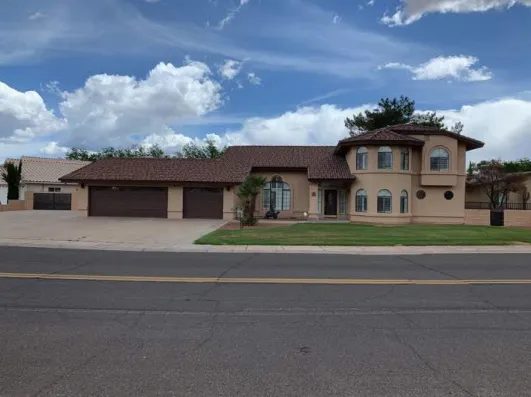
Have a Builders Warranty Inspection:
1 Identify warranty repairs before the warranty expires.
2 Schedule repairs at your convenience.
3 The builder pays for the repairs.
4 Sleep well, knowing that your home is sound.
Our warranty inspections are full comprehensive Home Inspections. We perform these inspections using the same standards we use for resale homes. Your home inspection report can be sent directly to the builder as an official notification of the required repairs.
Don’t Let Time Run Out!
Schedule Your Builder’s Warranty Inspection Today and Get the Peace of Mind You Deserve.
READY TO ORDER YOUR INSPECTION?
Schedule Your Home Inspection with Mohave County’s Trusted Experts
Get peace of mind with a thorough inspection from Desert Property Inspection Services — serving all of Mohave County and beyond.
© Desert Property Inspection Services. 2026. All Rights Reserved. Built by EchoDesk